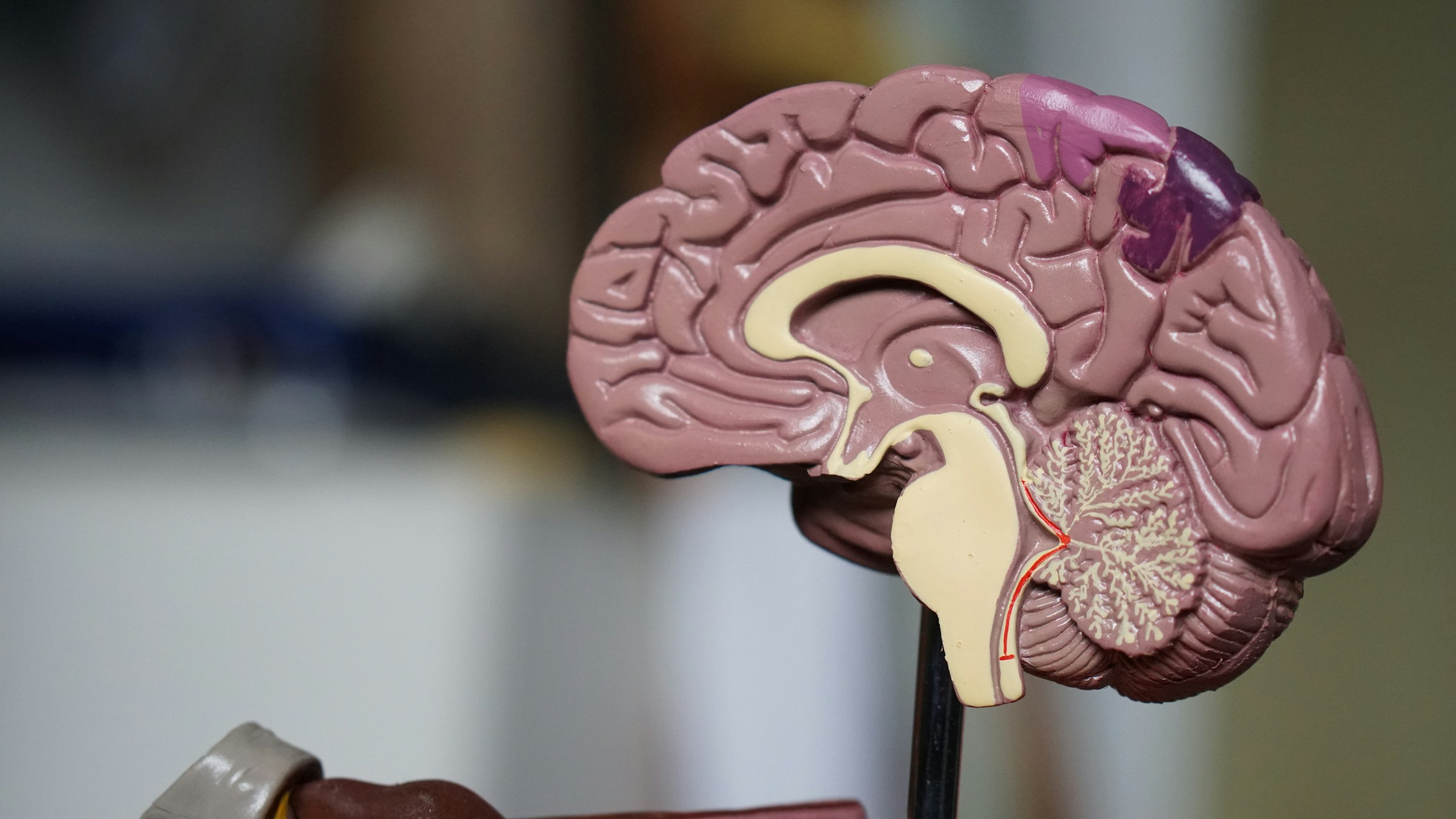
Baxley Maniscalco Attorneys At Law
When a family member or loved one suffers a TBI, it's a whole new world of challenges and behavioral symptoms. It can be terrifying for caregivers to watch and struggle to understand the changes happening with their loved one.
Cognition is the act of knowing or thinking. It is made up of several major components that can be adversely affected by a traumatic brain injury. The first of these is attention & concentration.
1. Attention & Concentration
One of the first major cognitive functions impacted by a TBI is usually the person's ability to focus.
"A person with a TBI may be unable to focus, pay attention, or attend to more than one thing at a time."
Caregivers may notice the following signs and symptoms evidencing a TBI:
- Restlessness
- Being easily distracted
- Having trouble doing more than one task at a time
- Difficulty finishing a project
- Trouble sitting still
- Problems carrying on long conversations
Attention skills are referred to as a “building block” of higher-level cognitive functions like memory and reasoning. This means that caregivers of TBI patients will also likely witness other signs and symptoms of cognitive problems in addition to the ones mentioned above.
How to Help TBI Patients Improve Attention & Concentration
Caregivers can take the following steps to help individuals living with a TBI achieve better cognitive function and day-to-day quality of life.
- Decrease distractions. Provide a quiet room for the individual to work in.
- Don’t interrupt. Allow your loved one with a TBI to focus on one task at a time.
- Suggest simple activities, such as reading a short paragraph or adding numbers in a quiet room. Gradually increase the difficulty of the tasks or add small distractions (elevate the noise in the room little by little).
- Rome wasn’t built in a day. Encourage breaks and accept slow, incremental progress.
Make sure they’re getting plenty of rest. New sleep problems may have cropped up and may need addressing with their doctor.
2. Problems Processing & Understanding Information
The second major component of cognition is the ability to process and understand information. This is an area where function often slows down after a TBI.
Slowed processing ability can lead to the following problems:
- Delay grasping what others are saying
- Taking a long time to follow directions
- Difficulty following the plot of tv shows and movies
- Trouble reading and understanding books, newspapers and magazines
- Delayed reaction while driving
Slower to complete physical tasks, like getting dressed or cooking, may also be an issue.
How to Help a Loved One With a TBI Improve Processing & Understanding Information
Be patient. Allow for longer reaction times to digest information.
Encourage them to take notes while reading to summarize content in their own words.
Suggest that they ask you to repeat yourself, rephrase, or speak more slowly when they’re having trouble following.
Invite them to repeat what they just heard to confirm comprehension.
3. Cognitive Communication
The third major component of cognition that can be negatively impacted by a TBI is cognitive communication. This is the ability to understand what others are trying to say and express your own thoughts in return. Cognitive communication problems can show up as:
- Trouble finding the right word
- Difficulty starting or following a conversation
- Having trouble organizing thoughts
- Inability to read the nonverbal communication cues of others to pick up on expectations or intentions
- Failure to comprehend jokes and sarcasm
Aphasia may also show up as a major cognitive communication problem.
How to Help TBI Survivors With Improving Cognitive Communication
Again, eliminate distractions and provide a one-on-one or small group environment.
Speak slowly and use kind words and a gentle tone of voice. Use words to communicate how you are feeling or thinking and what you want.
Ask one question or communicate one piece of information at a time. Don’t give a series of instructions that involve numerous steps.
Offer to help them proofread social media postings and emails before they are sent. Join in speech therapy sessions (if your loved one invites or welcomes you) to help your loved one with a TBI integrate new skills into their everyday life.
Gently lead them back to the topic of conversation when they get off track. “We were talking about…”
4. Learning and Remembering New Information
After a TBI, loved ones may have difficulty learning and retaining new information. The mind can play tricks, beginning to fill in gaps of missing information with things that did not really occur. Your loved one is not lying to you. These false memories are the brain’s best effort to cope with what is missing.
How to Help TBI Survivors Improve Memory Problems
Create a highly structured daily routine. Encourage them to always put commonly used items back in the same place.
Suggest memory aids such as a notebook to write down and keep track of important information.
Use smartphone calendar reminders to alert them to appointments and scheduled events.
Recommend that they link important information to an image in their mind.
Suggest that they try to scaffold new information into old information by building on something they already know.
Write down the steps and instructions for a new process.
5. Planning and Organization
Those suffering from a TBI may struggle profoundly with planning how to accomplish a goal or organizing their thoughts and ideas.
This difficulty may manifest in such ways as:
- Struggling to organize and keep track of important items and paperwork
- Trouble planning the day and setting and keeping appointments
Difficulty completing tasks that must be performed in sequential order
Never Settle Cheaply
Personal injury cases involving TBIs require experienced legal guidance to ensure the affected parties recover the compensation they deserve the right way, the first time.
If you're ready to work with such experienced legal guidance, contact us today for a free and confidential consultation.
